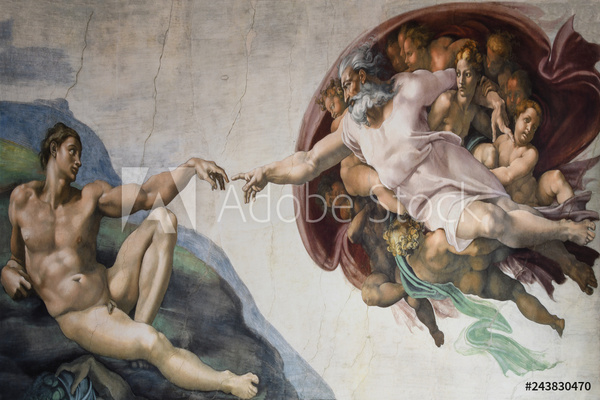God’s Project to defend the interests of the empire critical reading of the book of Nehemiah from the viewpoint of the opposing artifices
Main Article Content
Abstract
Our exercise begins with a presentation of the literary structure of the book of Nehemiah, from the viewpoint of the opponents to the central proposal of the book that favored the incidence of the Persian Empire, through the eyes of Nehemiah and Ezra in Palestine in the period of the return of the Jews to their land following the Babylonian exile. The analysis of this structure leads us to identify the texts that describe the group of opponents and afford them crucial recognition in the internal dialectdic of the work of Nehemiah as a movement that contributes to generating awareness among the popular classes, with the additional participation of prophets, priests, women and a segment of the general population. The group of opponents to the proposal of rebuilding Jerusalem and a new Persian province is characterized as persons of great influence in the region whose aim was to promote an autonomous nationalist reform that would not have the political support of the Persians. The proposal, led by Tobias and his group, is described as offering special identity with its rise within the post-exile of a current of men and women sages and the participation of women, as shown in the novel of Ruth, the women of the Song of Songs and the book of Proverbs. That influential group of men and women sage was accompanied by the popular prophesy to which prophetesses like Noadia belonged.





